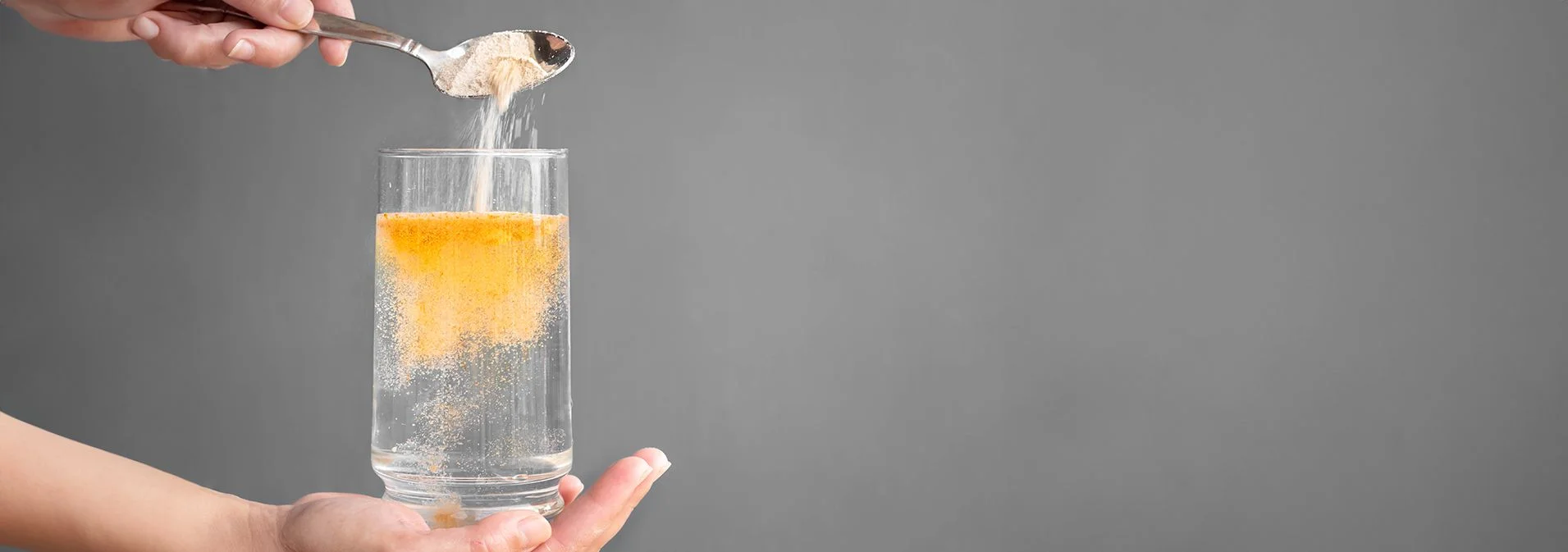“There are two types of fiber: soluble and insoluble. Both can be beneficial for health, but soluble fiber is the best choice for weight loss,” says Eva De Angelis, a Licensed Dietitian Nutritionist with The Eh Project.
What’s unique about soluble fiber is that it can dissolve or swell in water. This swelling forms a gel-like consistency similar to gelatin or jelly. This is why chia seeds, a food source that’s rich in soluble fiber, swell up when added to a liquid in your chia seed pudding recipe.
The same thing happens inside your body, too. When a fibrous food (like an orange or sweet potato) is in your intestines and comes in contact with water, a gel-like substance forms. “This helps reduce blood sugar spikes, improving blood sugar management and thus reducing fat build-up from excess sugar,” says De Angelis.
Yet, insoluble fiber can also have indirect benefits for weight loss. De Angelis elaborates further, “Insoluble fiber helps bulk up the stool and promote better bowel movements, preventing constipation. While this type of fiber does not have a direct impact on weight management, by eating high-fiber meals, you (can) reduce your overall calorie intake.” In turn, this can lead to weight loss.
Soluble fiber is also super easy to add to your daily diet. For example, foods rich in soluble fiber include apples, citrus fruits, berries, carrots, peas, chia seeds, flaxseeds, and sweet potatoes. These make for easy snacks—such as in smoothies or as toppings to Greek yogurt—or additions to your regular meals—such as adding carrots or peas as a side or mixing apples into a refreshing salad.
Meanwhile, insoluble fiber can be found in various fruits, vegetables, and nuts. In other words, adding more fiber to your diet is an easy way to add more color to your plate.



